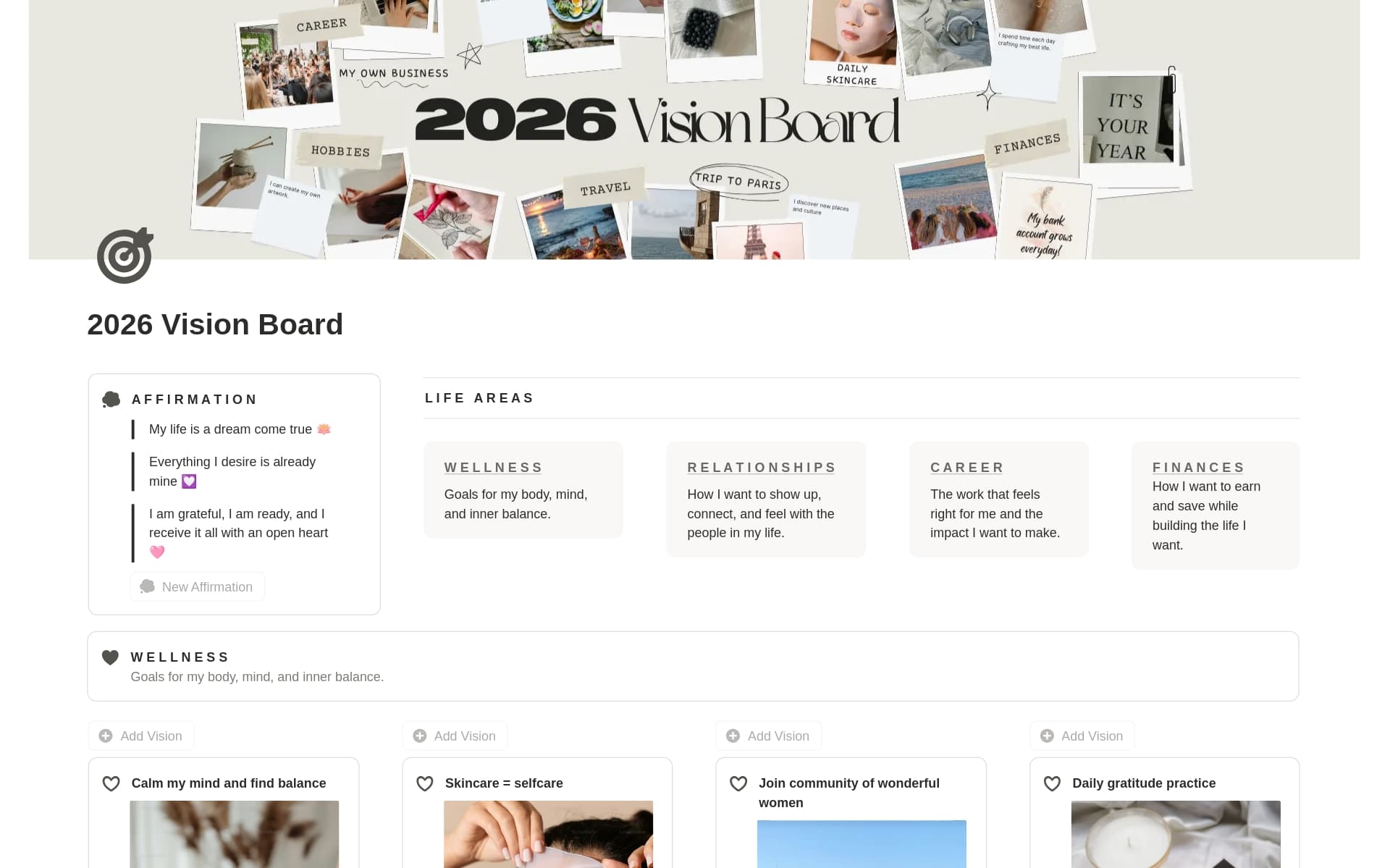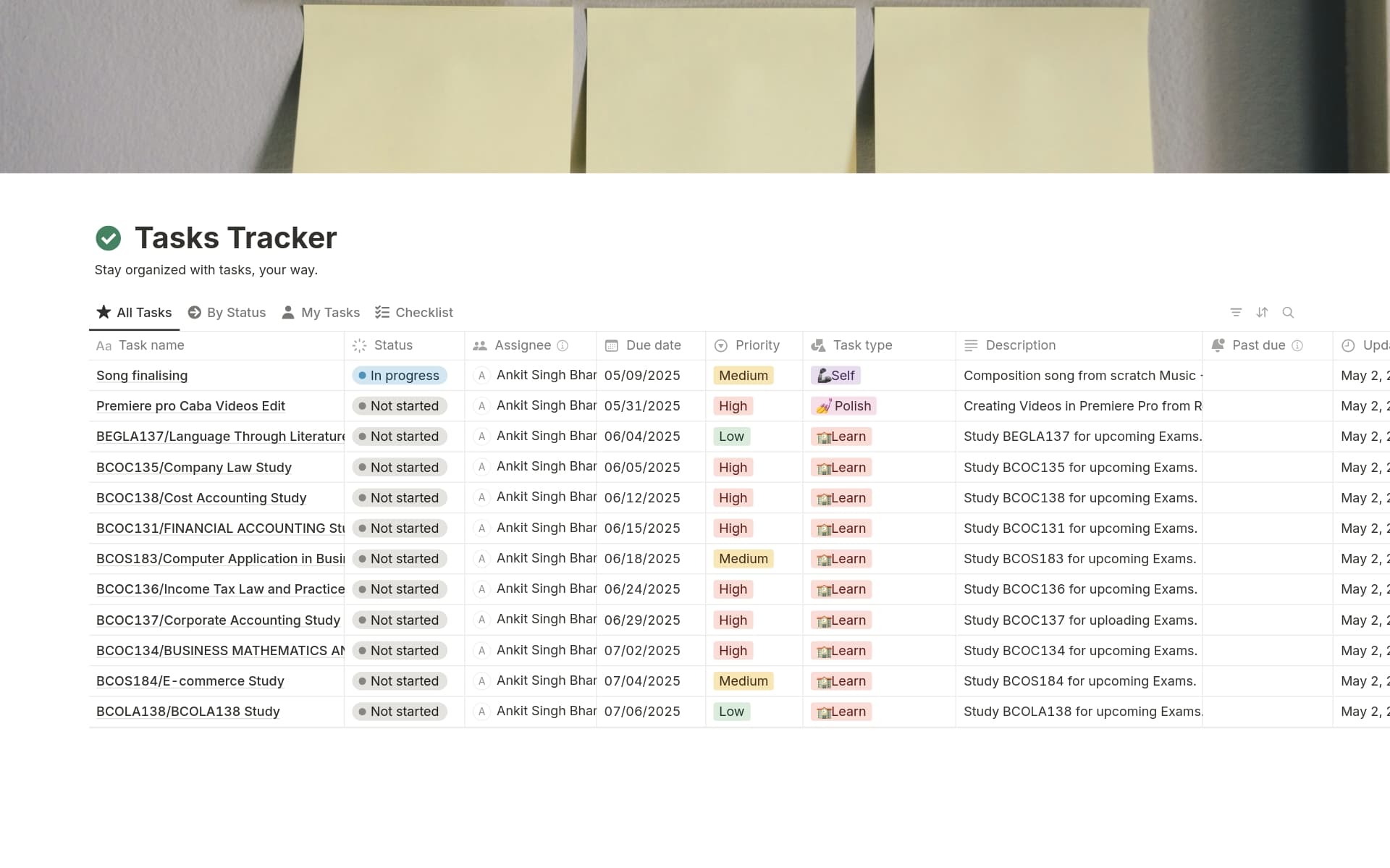For Social Media Managers, understanding and executing Product Marketing is a strategic component for promoting products effectively on social media platforms. It enables them to match product features with audience needs, enhancing engagement and conversion rates. A Product Marketing template can streamline this process, helping Social Media Managers organize product features, benefits, and marketing strategies in a structured format, thereby making it easier to craft compelling social media content.
Before you dive into creating your own Product Marketing template, consider exploring the following options to facilitate your planning process.
What Should Product Marketing Templates Include?
Choosing the right product marketing template can streamline your strategy and ensure consistent messaging across all platforms. Here's what to look for in a top-notch template:
Comprehensive Content Calendar: It should include a detailed calendar that helps you plan and schedule all your posts, campaigns, and related marketing activities efficiently.
Target Audience Segmentation: A good template will offer features to segment your audience based on demographics, interests, and behaviors to tailor your marketing efforts.
Performance Metrics Tracker: Look for templates that provide tools to track the performance of your marketing campaigns, including engagement rates, reach, and conversion metrics.
Integration Capabilities: Ensure the template can integrate seamlessly with other tools and platforms you use, such as CRM systems and analytics software.
Selecting a template with these components will help you manage your product marketing more effectively, saving time and increasing your campaign's success.
What Should Product Marketing Templates Avoid?
Choosing the right product marketing template is crucial for streamlining your social media strategy. However, some features can hinder rather than help. Here are key elements to steer clear of:
Overly Complex Layouts: Avoid templates with too many subdivisions or complex navigation paths. They can confuse and slow down your content planning process.
Non-Customizable Elements: Steer clear of templates that don't allow you to tweak designs or formats. Flexibility is essential for tailoring content that resonates with your audience.
Irrelevant Content Sections: Avoid templates that include unnecessary sections which don't align with your brand's marketing goals. This can lead to clutter and dilute your key messages.
Remember, the best template is one that simplifies your workflow, not complicates it. Choose a template that is straightforward, adaptable, and relevant to your specific marketing needs.




